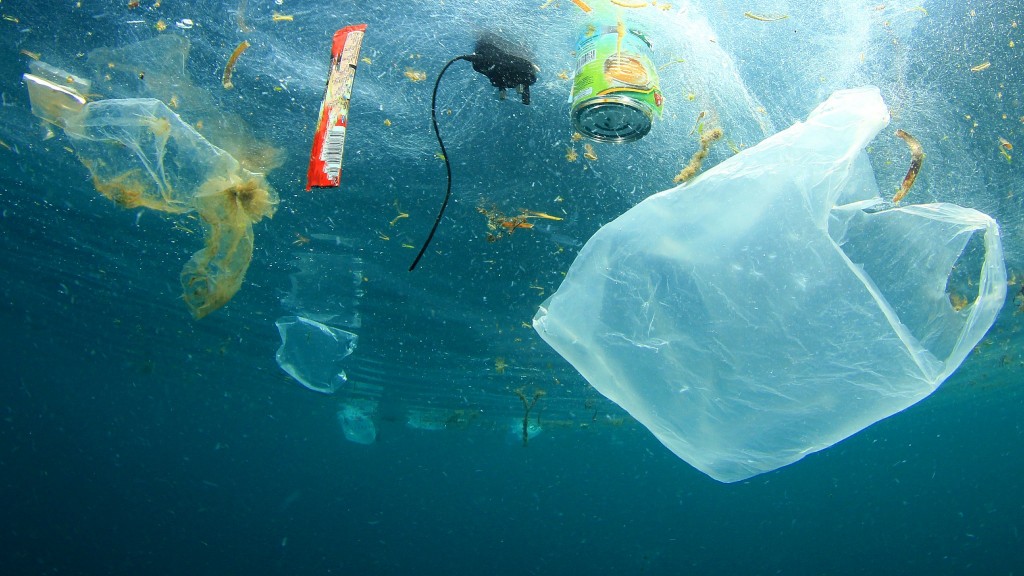
The Ellen MacArthur Foundation and the World Wildlife Fund (WWF) have launched a joint communications campaign calling for a legally binding UN treaty on plastic pollution.
Millions of tonnes of plastic leak into the environment, end up in landfills or are burned because of a take-make-waste linear economy. This is harming nature, using up natural resources, and contributing to the climate and biodiversity crises, while billions of dollars worth of valuable materials are being lost to the economy.
Voluntary agreements and existing measures cannot solve the problem alone. Many companies have taken important voluntary steps, laying the foundations for wide-reaching cooperation, but they cannot reach the scale needed to urgently solve this crisis. Plastic pollution is a global challenge that needs a coordinated and globally aligned response.
The Foundation and WWF are calling for a treaty on plastic pollution that:
- Has a clear focus on ways we can stop the problem before it starts - not just how to improve cleaning it up. Through a circular economy approach, we can address the entire lifecycle of plastics by focusing upstream to design out waste before it is created.
- Sets global standards. We need an agreement that sets harmonized standards and gives clear definitions for success. Common regulations which are applicable to all countries will create a level playing field across different geographies, and help to strengthen and support current efforts.
- Supports all countries to play their part. Governments and industries around the world need to align on a common direction of travel and coordinated efforts. The treaty needs to enable all participating countries by giving them the tools, knowledge, and robust frameworks to create a circular economy for plastics.
Pressure has been mounting on the international community for a legally binding treaty: more than 2 million people around the world have signed a WWF petition, and more than ¾ of UN member states have also backed those calls.




